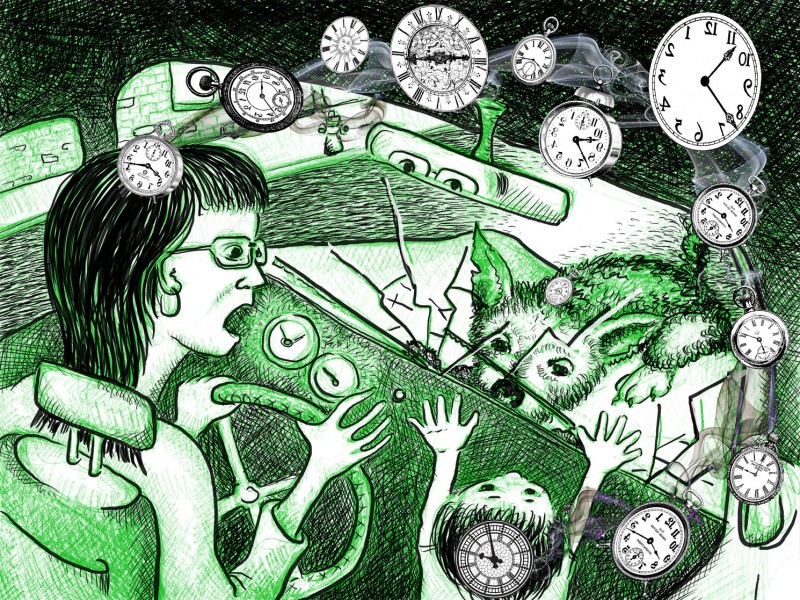Parker-Pope, T. (2010). “The Science of a Happy Marriage.” New York Times. Visited June 24 2010. http://well.blogs.nytimes.com/2010/05/10/tracking-the-science-of-commitment/?pagemode=print Summary: The article, by Tara Parker Pope, discusses the science of a happy marriage, and why some individuals cheat on their partners, while others don’t. Pope explains that some scientists account for this by pointing to biological or genetic factors and others assess the psychological impact of flirting with a stranger. According to some research, it is possible to train yourself to protect your marriage by increasing the feelings of commitment. One researcher, Hasse Walum studied 552 pairs of twins to assess a gene that contributes to the body’s regulation of the bonding hormone vasopressin. Overall, men who demonstrated a variation of the gene were less likely to be married. Those that were married in this category, were more likely to be in unhappy marriages or to have experienced a relationship crisis. Other research accounts for how the brain can be trained to encourage faithfulness. John Lydon’s research found that when individuals were presented with scenarios where an attractive woman might threaten their relationship, they instinctively told themselves, ‘he’s not so great.’ His research also revealed that when women were primed to imagine…
There's a word for that?
A Dictionary of Cool Words That Hide True Feelings & Meanings from Parents Many of the strange vocabulary words, that…
Read more →




